When it comes to the best CI/CD tools, continuous integration of these tools can enhance the workflow and bring several benefits.
In today’s competitive landscape, continuous integration and continuous delivery are essential practices for modern software development. They help you to automate the build, test, and deployment of your code. This led to faster releases, fewer errors, and a more reliable software delivery process.
According to the report, the CI/CD tools market size is projected to reach multimillion USD by 2029.In comparison to 2023, an unexpected CAGR during 2023-2031.
If you want a tool that will help you automate to build and deployment process, so you can release your code more quickly and reliably, there are several CI/CD tools out there. So it can be tough to decide which one is right for you.
A report shows that the top performers are those who use 17% CI/CD tools than those who do not 8%. So whether you’re a seasoned developer seeking to streamline your workflow or a curious explorer venturing into the world of best CI/CD tools for the first time.
So, without wasting further time, let’s dive into the blog post. We shall be covering topics such as:
- What are CI/CD tools?
- Benefits of using CI/CD tools
- List of best CI/CD tools
- Top 10 CI/CD tools
What are CI/CD Tools?

Before we dive into the CI/CD tool, let’s start with the basis of continuous integration.
Simply, Continuous Integration is a software development practice where developers regularly merge their code changes into a shared repository.
At the same time, each merge triggers an automated process that complies, tests, and validates the code, helping to catch errors & conflicts early in the development cycle.
The main goal is to ensure that new code integration integrates smoothly with the existing codebase, promoting collaboration and delivering more reliable software updates.
However, the development workflow that follows the CI model is known as the CI pipeline. If the development team has never implemented the CI pipeline before, it’s hard to begin with. But don’t worry, there are CI tools that help the process to automate manual tasks.
• Continuous Integration & Continuous Delivery (CI/CD) Tools
CI/CD tools automate code merging, building, and testing triggered by code commits. They integrate with version control systems and other DevOps tools to help them prevent conflicts, catch
bugs early, automate tasks, enhance software quality, and accelerate development.
However, automating the pipelines is crucial for reaping these benefits, as manual steps hinder efficiency and advantages.
It’s important to understand that the majority of CI tools also provide support for the subsequent stages of development after the automated testing phase is completed.
Implementing CI serves as the initial phase in establishing a comprehensive CI/CD pipeline.
You’ll encounter two variations of CD:
- Continuous delivery
- Continuous deployment
With continuous delivery, the pipeline automates tasks up until the deployment phase, while continuous deployment automates the entire workflow, including deployment to the end customer.
In both cases, the objective is to minimize the manual efforts required from operations and quality assurance teams before introducing new software releases. With this being said, let’s look at some of the benefits of using CI/CD tools in the next section.
Benefits of using CI/CD tools
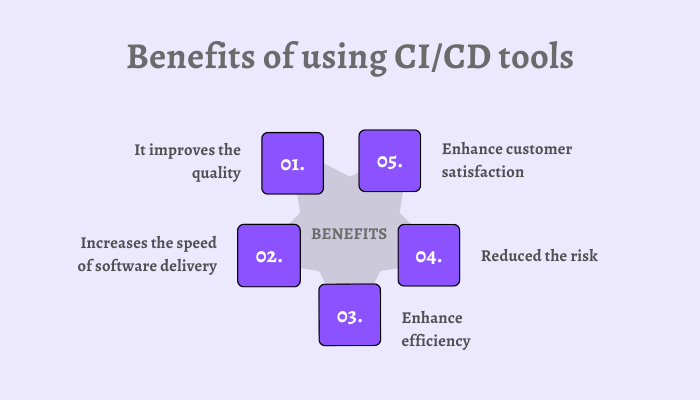
Embracing some best CI/CD tools it offers an array of valuable advantages for your software development and deployment processes.
► It Improves the Quality
CI/CD tools help to improve the quality of the software by automating the build and test process. This can help to catch errors early in the development process, which can save time and money in the long run. With this, let’s check the guide to the top 10 automation testing tools.
► Increases the Speed of Software Delivery
Another benefit of CI/CD tools is that they increase the speed of software delivery by automating the deployment process. This can help you get your software to market faster.
► Enhance Efficiency
These tools are great for automating repetitive tasks, such as building and testing code. This can free up developers’ time to focus on more creative and strategic work.
► Reduced the Risk
With CI CD, security tools can help reduce the risk of errors and defects in software. This can help to improve the quality of the software and reduce the cost of fixing bugs.
► Enhance Customer Satisfaction
CI/CD tools can help to increase customer satisfaction by providing a more reliable and consistent software delivery experience. With this, customers can always use the latest version of the apps, which can improve customer satisfaction.
List of Best CI/CD Tools
We have created a list of the best CI/CD tools to help you choose the best for your team and project.
| CI Tool | Open Source | Hosting | Free version | Build agent license pricing | Supported platforms |
| GitHub Actions | No | Cloud | Yes | Each tier includes a set of execution units. Starting at just $0.008 for Linux, extra hosted runner minutes are available. | Linux, Windows, and macOS |
| Jenkins | Yes | Self-hosted | Yes | Free | Linux, Windows, and macOS |
| GitLab CI | No | Cloud and self-hosted | Yes | Each tier comes with a specific number of build units. For shared pipelines, additional units to run builds start at $10 for 1,000 minutes. | Linux, Windows, macOS, and Docker |
| Azure DevOps | No | Cloud and self-hosted | Yes | You get one pipeline free, more pipelines begin at $15/ month (self-hosted) or $40 /month (cloud-hosted) | Linux, Windows, and macOS |
| CircleCI | No | Cloud and self-hosted | Yes | Each tier includes a specific allocation of build minutes. Credits can be exchanged for additional build minutes, users, and extra network and storage resources. | Linux, macOS, Windows, GPU, ARM, and Docker |
| Travis CI | No | Cloud and self-hosted | No | Concurrent job limits differ per tier. All tiers offer unlimited build minutes. | Linux, macOS, and iOS |
| Bitbucket Pipelines | No | Cloud | Yes | Each tier provides a certain number of included build minutes. Extra minutes begin at $10/month for 1,000 minutes. | Linux, Windows, and macOS |
| AWS CodePipeline/ AWS CodeStar | No | Cloud | Yes | Pipeline pricing is tiered, and AWS storage involves extra charges. | Linux, Windows, and macOS |
| TeamCity | No | Cloud and self-hosted | Yes | The premises free tier includes 3 build agents and unlimited build time, and additional agents at $239 per year. Cloud starts at $45 per month for 3 committers. | Linux, Windows, macOS, and Docker |
| Google Cloud Build | No | Cloud | Yes | Serverless platform charges per minute for builds | Docker |
| Bamboo | No | Self-hosted | Yes | Basic price covers 1 remote agent, for 5 agents, pricing starts at $640 per agent per year | Linux, Windows, macOS, and Solaris |
| JetBrains Space | No | Cloud and self-hosted | Yes | The cloud-free plan includes 2000 build minutes. While paid plans start at 4000 minutes with extra resources purchasable at $8/ month for 1000 minutes | Linux, Windows, and macOS |
| Drone | No | Cloud and self-hosted | Yes | Not available | Linux, Windows, and ARM |
| AppVeyor | No | Cloud and self-hosted | Yes | Premium plans allow up to 2 concurrent jobs | Linux, Windows, and macOS |
| GoCD | Yes | Self-hosted | Yes | Free | Linux, Windows, and macOS |
| Codeship | No | Cloud | No | CodeShip Enterprise charges $75/ month for each concurrent build. | Docker |
Now, let’s dive into the details.
1. GitHub Actions
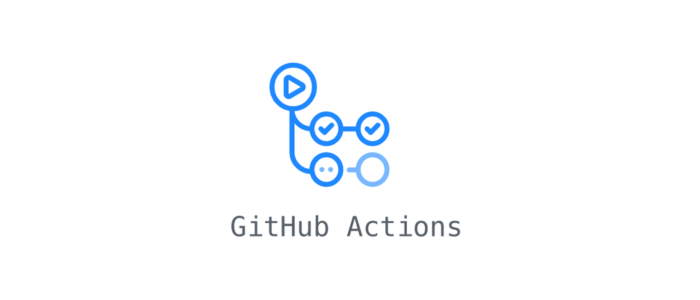
GitHub Actions takes the top spot, especially for personal projects. It lets developers trigger workflows from GitHub events like pushes and pull requests. It’s tied to GitHub repositories.
Price: Free to the public repos. Private repos include hosted runner minutes with extra available for $0.008/minute.
2. Jenkins

Jenkins leads as the open-source CI/CD favorite, holding its top spot for professional usage. It boasts robust support and customization through an active community and numerous integrations, making it the go-to choice.
Price: Free, with expenses tied to infrastructure. Also, explore CI/CD monitoring tools for enhanced insights.
3. GitLab CI
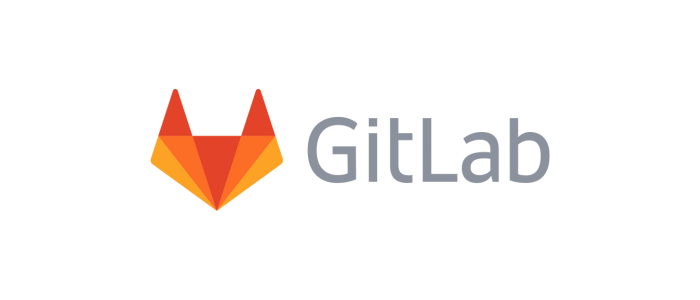
GitLab CI seamlessly integrates within the GitLab ecosystem, automating build, test, and deployment pipelines. While its primary focus is on GitLab-hosted repositories, it collaborates with GitHub, Bitbucket, and other Got servers.
Also, you can use your runners for building without added expenses. With this being said, let’s explore a comprehensive guide to web application architecture for future insights.
Price: Free plan offers 400 compute minutes per month for shared pipeline builds. Additional units are available, starting at $10 for 1,000 units. Paid tiers are at $29 per user/ month.
4. Azure DevOps
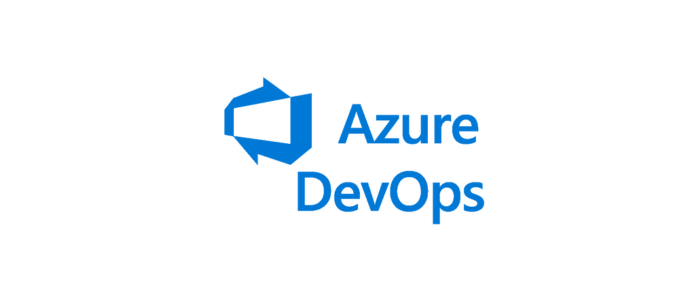
Microsoft Azure DevOps pipelines have made significant strides in rankings, being part of the DevOps suite. It caters to both cloud-hosted and on-premises build agents, boasting seamless integrations for deployments across major cloud providers.
Price: For open-source projects, it’s free access to up to 10 parallel build jobs. The basic plan is free for the first 5 users, then $6/ user per month. Explore this with your app development process to ensure a seamless journey.
5. JetBrains TeamCity
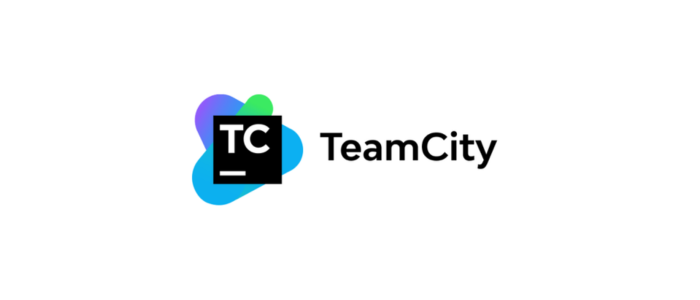
TeamCity offers versatile code building across various sources and infrastructures, ensuring swift outcomes. Supporting diverse platforms, test parallelization, and seamless tool chain integration, all while embracing configuration as code.
On the other hand, it grants build flexibility, whether on local servers, private clouds, or public cloud setups. Deep cloud provider integrations enable scalable pipeline capacity without overspending.
The best thing about TeamCity is its plugin ecosystem enables effortless customization, and the rest of APU facilitates seamless integration into your toolchain.
Price: TeamCity on-premises professional includes 3 build agents and unlimited build time for free. Extra build agent licenses start at $299/year.
- Its subscription commences at $45/ month, inclusive of 24,000 build credits. Leverage this tool to harness the CI/CD tool efficiently
6. CircleCI
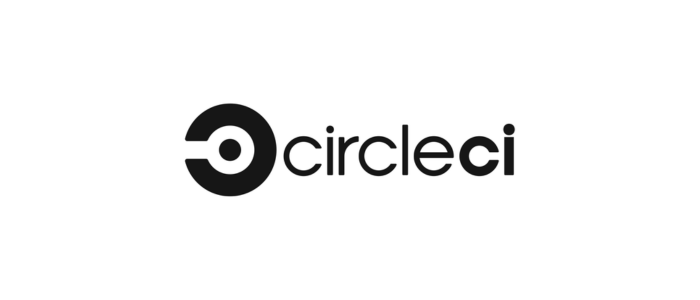
It’s a cloud-based CI/CD platform ideal for GitHub, GitLab, and Bitbucket repositories. It boasts diverse execution environments and a real-time web UI for build monitoring.
Price: Free tier offers 6000 monthly build minutes. Paid plans start at $15/ month for 5 users.
7. Travis CI
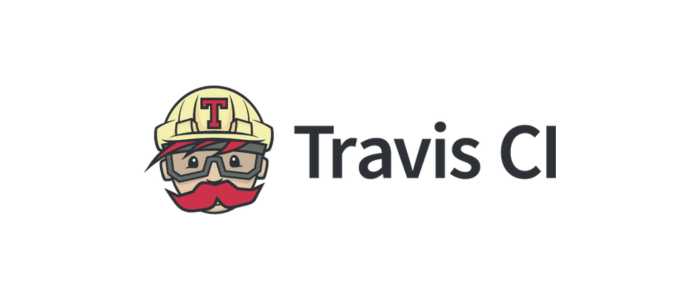
If you are looking for the pioneer of CI/CD cloud-based solution, don’t look any further than Travis CI, it provides seamless continuous deployment to various platforms and multiple build-in integrations. An enterprise-oriented self-hosted option is also accessible.
Price: Starts at $64/month for continuous build and limitless minutes. Consider this tool for your CI/CD pipeline needs.
8. Bitbucket Pipelines

Bitbucket Pipelines, an extension of Bitbucket Cloud, empowers users to automate build, test, and deployment actions with each commit or pull request. Seamlessly integrated with the Atlassian suite, including Jira and Trello.
Price: Free tier provides 50 monthly build minutes. Paid plans commence at $15/ month for up to 5 users and become a valuable option for your CI/CD pipeline toolkit.
9. AWS CodePipeline/ AWS CodeStar
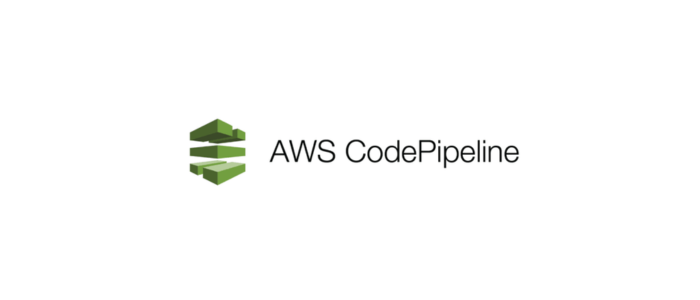
The AWS CodePipeline empowers developers to initiate builds, tests, and AWS Lambda functions on code from both AWS and external sources. And the deployments extend to various AWS services. For an all-AWS toolchain, AWS CodeStar offers comprehensive test, build, and deployment features.
Price: AWS free tier offers one monthly free pipeline. Consider this among the best CI/CD tools available.
10. Google Cloud Build
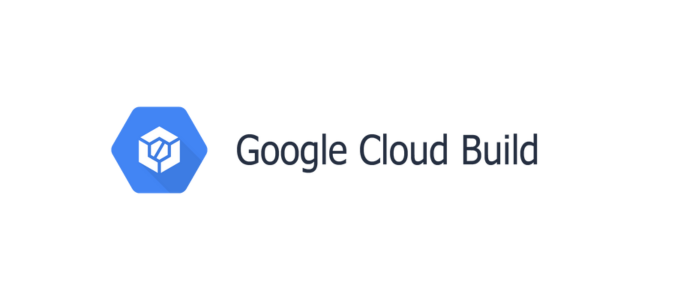
Lastly, Google Cloud’s build is a serverless CI/CD platform, building from Git repos and deploying to Google Kubernetes Engine, Cloud Run, App Engine, and more.
Price: 120 free daily build minutes, with additional minutes at $0.003, an excellent choice for your CI/CD pipeline toolkit.
Conclusion
Each tool comes with its unique strengths and features, catering to a wide range of project needs and team requirements. As you embark on your software development journey, armed with this guide to the top 10 CI/CD tools will help you with the best.
So whether you are orchestrating complex deployment workflows or refining the efficiency of your testing process,. Choose wisely, embrace automation, and code on with confidence. If you want to know more, feel free to contact us.
FAQs
CI (Continuous Integration) is the practice of frequently integrating code changes, while CD (Continuous Deployment/Delivery) automates the process from integration to deployment.
CI/CD tools automate testing, merging, and deployment, leading to faster development, early bug detection, reduced manual effort, enhanced collaboration, and higher software quality.
GitHub Actions, Jenkins, GitLab CI, Azure DevOps Pipelines, and others excel in various aspects. The choice depends on project requirements, team collaboration, and integration needs.
GitHub Actions seamlessly integrates with GitHub, offering automation triggered by events and flexible workflows. It’s free for public repos and supports diverse customization.
Travis CI is a widely used open-source CI/CD tool, boasting integrations, community support, and platform flexibility. It’s free for open-source projects and aligns with various repositories.
AWS CodePipeline provides automation for building, testing, and deploying AWS-hosted code. It’s deeply integrated with AWS services, scaling deployments and controlling costs efficiently.
Cloud Build is a serverless platform, facilitating building and deploying from Git repos to Google services like Kubernetes Engine, Cloud Run, and App Engine, with cost-effective pricing.
These tools automate processes like code integration, testing, and deployment, ensuring faster, error-free software development and seamless collaboration among teams.

Niketan Sharma is the CTO of Nimble AppGenie, a prominent website and mobile app development company in the USA that is delivering excellence with a commitment to boosting business growth & maximizing customer satisfaction. He is a highly motivated individual who helps SMEs and startups grow in this dynamic market with the latest technology and innovation.
Table of Contents





No Comments
Comments are closed.